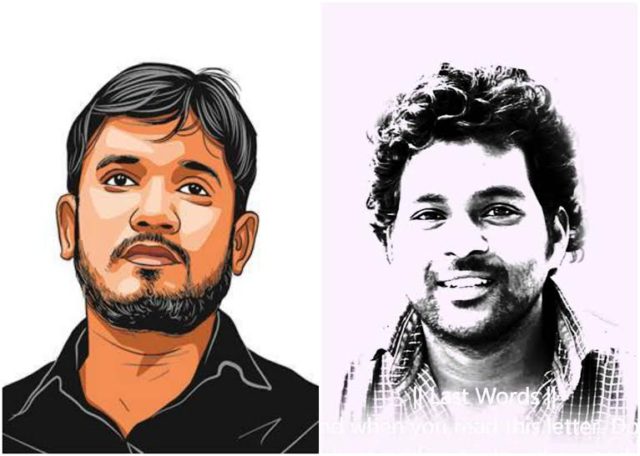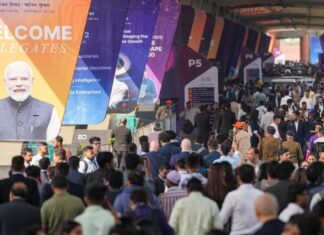Influencing People:
‘Does media influence public opinion?’- has a rather self-exemplary answer. But the extent to which it has influenced people is what is of real concern. While media and sociology experts can claim (as much as they would like to), that public media can only relay messages and not ‘create’ message, they also have to realise that, media also spreads ‘grapevines’ and ‘rumours’ and we all know the case with rumours- they grow as they move.
Almost as a snowball rolling down a snowy mountain!
The question of why it has such a magnanimous reach is, however, the question of importance.
The Chain Reaction:
Once a single channelized media decides to take up an issue it induces a sense of competition and voila! You have the perfect recipe for a chain reaction. The same news (no matter how redundant, unnecessary or out of context) will continue making rounds all throughout the television and the internet. What is worse, even social media takes up those threads and gives it a wider reach.
This was greatly observed in the news media’s initial coverage of U.S, marine’s occupation of Iraq. All the channels flashed the same redundant headline titled- ‘Operation Iraqi Freedom’.
Media and Selectivity:
To put media’s selectivity and how they affect people’s quota of information we have, not to look beyond a very recent happening.
Media’s coverage in the case of the slogan-chanting and the arrest of JNUSU leader Kanhaiya Kumar (and his associates), had out-weighted the incidents in Hyderabad University, under-reporting the arrest of 27 students and 2 teachers and their improper treatment in the jail under police custody.
In 2012, senior journalist Rajdeep Sardesai wrote about the under-reporting of incidents in northeastern parts of the country by mainstream media and blamed this on the “tyranny of distance”, saying that only events that are happening in and around the major press-centric cities are given preference.
This is also (possibly) what happened with Rohit Vermula, as the action in JNU suffocated his case to oblivion.
NDTV’s Uma Sudhir said that the reason JNU received so much coverage was due to its physical proximity since all major media houses are based in Delhi, making news coverage based not only on people’s demand for news but also the geographical reach of a newspaper and its ease to report an incident.
But why should that matter to you?
For the basic reason that they polarize your opinion about the world whether you want it or not. Remember the cop that was touted to be ‘drunk on duty’ in the Delhi Metro Station? Turned out that he was not drunk at all, and rather had a partial paralysis. But we judged him on the very first day when the video made us believe that he was drunk.
Such examples still stand as a realisation that even the most technologically profound of us are prone to having ourselves ideologically polarized.
Where Do We Come In The Picture?
We humans have our own sense of selectivity- we see, hear and read things which are of particular interest to us and more often than not, our interests coincide with our likes (something that you cannot completely blame yourself for). The present crisis is that of the selectivity media has to offer. In every feed and news source, you have the option of selecting what information comes to you and what does not. While this makes your life hassle-free it also eliminates the possibilities of alternating ideas from coming to you.
The problem also very sub-dermal in nature. Without you even realising, your search engine is steadfastly reading your interests and providing more of the same that it feels is interesting to you and is successfully eliminating something else that might just be of importance.
Solution?
It is unfortunate that there is not ‘ex-post’ problem-eliminating formula for media’s incisive polarizability on people’s mind. The only logical thing to do is for you to be more analytical when it comes to your inferences. Question- the information, the medium, your beliefs, your bias, everything! Yes! Question everything! Because until you do that, you will never be aware of your fallibilities.
I guess it all boils down to deciding between whether you want to live in a “nation controlled by the media” or a place where people are not as blind to merely assert their trust over whatever they are fed… and that is all the difference between us and ‘beef’.
For further reads, head over to-






































